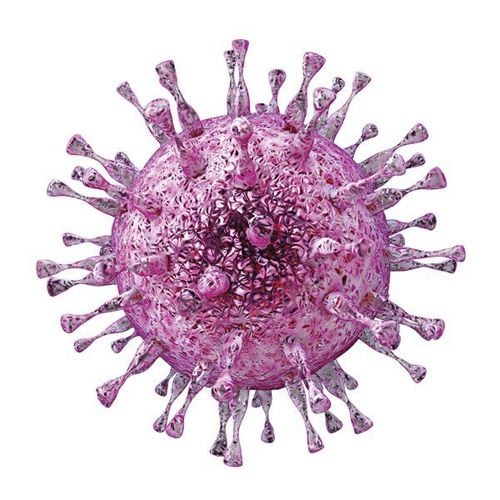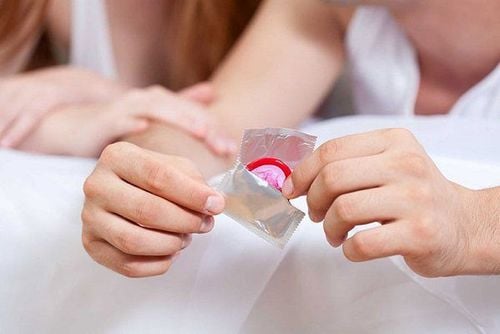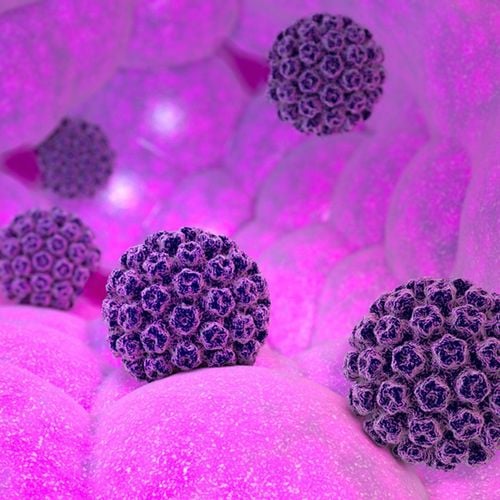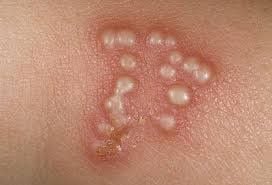This is an automatically translated article.
The article is professionally consulted by Doctor Department of Obstetrics and Gynecology - Vinmec Hai Phong International General Hospital.
Anal herpes is a sexually transmitted infection (STI). It is passed from person to person through various forms of sexual contact. The disease cannot be cured but can be controlled with medication and protection during sex.
1. What is anal herpes?
Herpes is a family of viruses that cause infections in humans. Genital herpes (or genital herpes, genital herpes) is an infection of the genital tract caused by the herpes simplex virus.
Symptoms of anal herpes include:
Red bumps or white blisters Pain and itching around the anus Ulcers that develop at the site of previous blisters Scales covering sores that have burst or bleed Change in habits defecation.
2. How is Herpes transmitted?
Anal herpes is a sexually transmitted infection (STI). It is passed from one person to another through sex or intercourse.
According to the Centers for Disease Control and Prevention (CDC), in 2013 more than 24 million Americans had anal herpes, and each year an additional 776,000 Americans are diagnosed with the disease.
In the United States, 1 in 6 people have genital herpes, according to the CDC Trusty Source. The same virus that causes genital herpes can cause lesions in different locations (genital, anal, or perianal). But, not everyone with genital herpes gets anal herpes.
3. How is anal herpes diagnosed?
If a person develops obvious symptoms of anal herpes, the doctor may decide on treatment after a physical examination. However, to be sure, your doctor may order additional testing.
Because some other microorganisms that are sexually transmitted can cause anal symptoms, your doctor may want to verify the exact cause of the infection with testing before starting treatment. .
To do this, the doctor will take a culture from the blister, sore, or take a blood sample. That sample will be sent to a lab to determine the cause of the illness. With the results obtained from the sample, the doctor can make appropriate treatment options.
4. How is anal herpes treated?
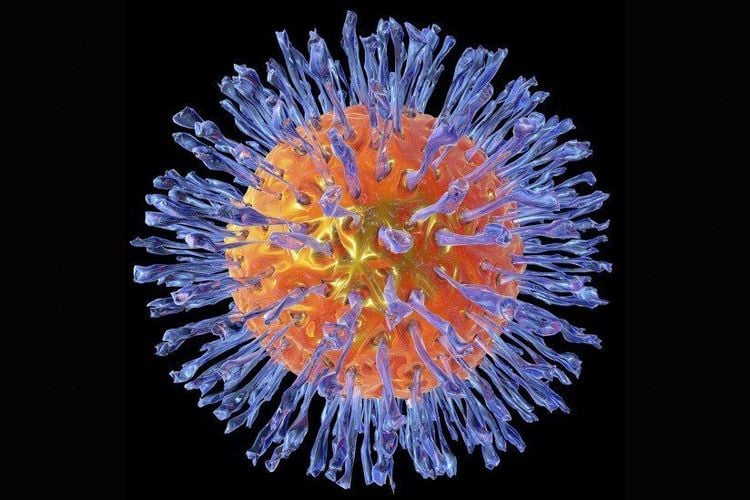
Treatment of anal herpes helps to reduce the duration of the outbreak and the intensity of the disease. It also reduces the risk of passing the infection on to sexual partners.
The main treatment for anal herpes is antiviral therapy. People with anal herpes take anti-viral medications to relieve symptoms until they are completely healed.
Long-term use of antiviral drugs is also known as suppressive therapy. People who use suppressive therapy to manage anal herpes can reduce the risk of transmitting the disease to their sexual partners.
In severe cases of anal herpes, your doctor may recommend intravenous antiviral treatment. Antiviral drugs will be injected directly into the bloodstream through a needle inserted into a vein.
5. Is anal herpes contagious?
Anal herpes is a contagious disease. The disease can be passed from person to person through contact with lesions on the skin or around the anus.
It is possible to get the virus if you have sex with an infected person. In addition, an infected person can pass the infection on to a sexual partner even if the virus does not cause obvious symptoms.
Many people may not know they have HSV because the symptoms are not always obvious. In that case, the sick person can transmit the disease to the healthy person without knowing it.
6. Can anal herpes be cured?
Anal herpes cannot be cured. It is considered a lifelong infection.
Genital herpes infection cannot be completely cured. Medicines only help relieve symptoms, help heal ulcers (if any) and help reduce the number of recurrences.
7. How to prevent anal herpes?
Use safe sex methods to reduce the risk of STIs - Sexual diseases such as:
Wear a condom: Take protection during each sex, including sex anal or oral sex. Reduce the number of sexual partners. Maintain a monogamous relationship. Total sex. If sexually active, see a doctor who conducts regular STI screening. Regular checkups keep you and your partner safe.

In addition, to be more accurate and safe, you should choose a reputable facility for screening. The package of Examination and Screening for Social Diseases of Vinmec International General Hospital helps customers to screen for social diseases in order to detect diseases early for effective treatment and avoid complications.
Package of screening for social diseases for all ages, for both men and women. When registering for the Social Disease Screening Package, customers will receive:
Dermatology Specialist Tests Perform tests such as: HIV Ab rapid test, Chlamydia rapid test, Treponema pallidum rapid test, rapid test. Qualitative and quantitative Treponema pallidum TPHA assay, bacteriological staining and endoscopic staining of fungi
Please dial HOTLINE for more information or register for an appointment HERE. Download MyVinmec app to make appointments faster and to manage your bookings easily.
Reference source: healthline.com




